20 Development Milestones Nobody Warns You About
These 20 development benchmarks are often unexpected but will help you better understand your child's developmental stages.
- Tricia Quitales
- 5 min read
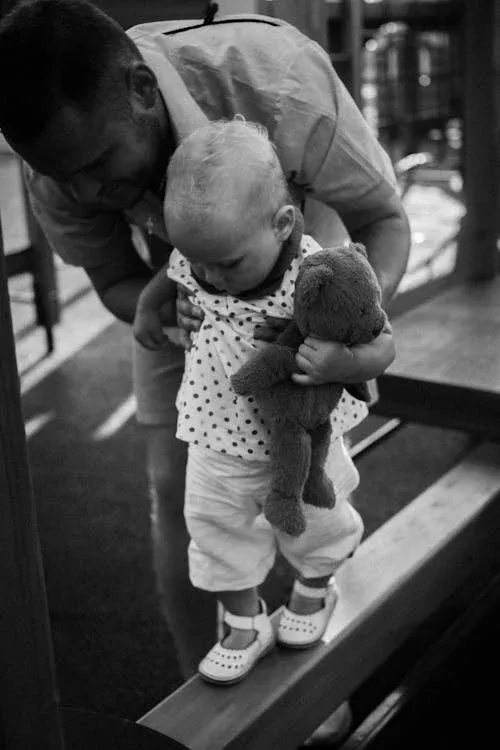
Parenting surprises you a lot, and many benchmarks catch you off balance. Though little initially, several of these events represent significant developmental leaps for your child. Even though certain events could seem odd, they all help your youngster grow. Be calm and sympathetic, and welcome every stage as it presents itself.
1. The Real Tantrum
 Keira Burton on Pexels
Keira Burton on Pexels
The “terrible twos” could seem to you as simply a fable. But it feels crushing when your child has their first breakdown. Naturally, tantrums are a component of emotional growth.
2. The “No” Stage
 Thomas Park on Unsplash
Thomas Park on Unsplash
Your child will one day learn the power of saying “No.” They will say it to anything, including objects they desire. Though annoying, it is a show of independence.
3. Unconscious Attachment to Objects
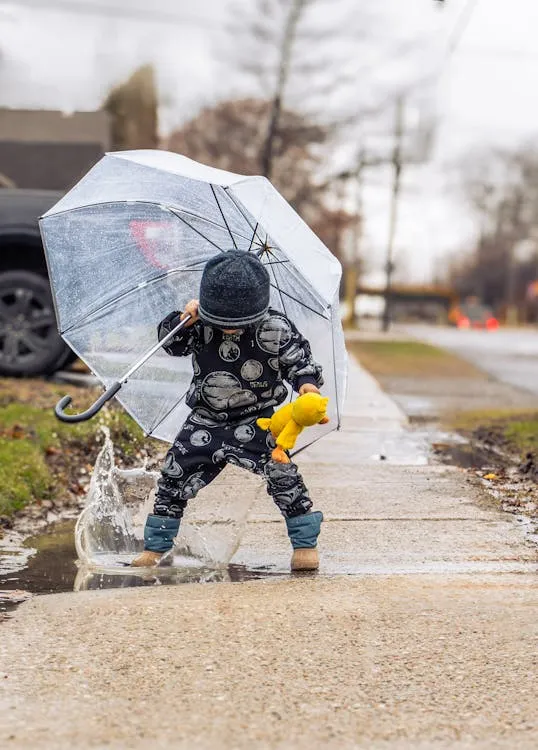 aslam Athanikkal on Pexels
aslam Athanikkal on Pexels
One morning, you may discover your child has a preferred blanket or toy while waking up. They will not let go of it, even in public or in bed. This is a standard phase of comfort and protection.
4. Copycat Behavior
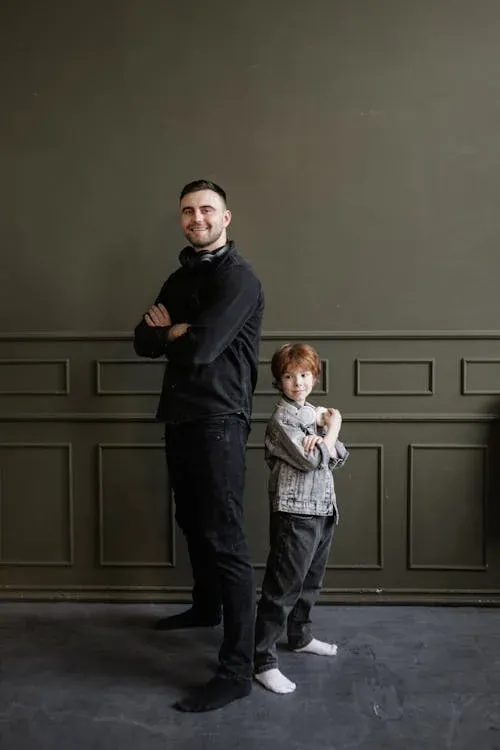 Alena Darmel on Pexels
Alena Darmel on Pexels
Your child will begin copying everything you do. They want to copy you from using your phone to brushing your hair. This guides their learning and skill development.
5. Dark Anxiety
 Caleb Woods on Pexels
Caleb Woods on Pexels
Your toddler can suddenly be terrified of the dark around two or three years old. Growing up naturally involves a fear of some kind, which is linked to their growing sense of security and imagination.
6. Learning Not to Tell Stories
 Ashton Bingham on Unsplash
Ashton Bingham on Unsplash
Your child can stretch the truth or fabricate tiny lies. This is normal and natural for their social and cognitive growth. They are starting to realize how different imagination from reality is.
7. Clinginess Toward A Single Parent
 Gustavo Fring on Pexels
Gustavo Fring on Pexels
Your child may fix on one parent more than the other for some time. It only marks a phase; it is not a rejection of you. They may choose one parent for comfort and are developing attachment.
8. Picking Up Quick New Words
 Helena Lopes on Pexels
Helena Lopes on Pexels
Your child will start speaking new words one day without warning. They can catch you off guard by correctly using a term you have yet to teach them. Around eighteen to twenty-four months comes the vocabulary explosion.
9. Their First Time Correcting You
 ROMAN ODINTSOV on Pexels
ROMAN ODINTSOV on Pexels
Your child may try to copy you or chastise you. Hearing them say, “No, Mommy, don’t do that!” will probably surprise you. It is just them interpreting social norms here.
10. Body Autonomy
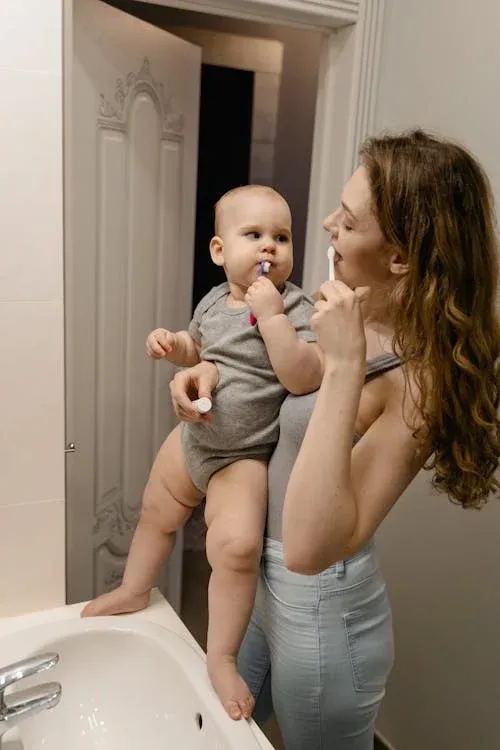 MART PRODUCTION on Pexels
MART PRODUCTION on Pexels
Your child will eventually object to your helping them with chores. They could insist on brushing their teeth or clothing themselves. Normal and healthy is this drive for independence.
11. Copying Social Events
 Kaboompics.com on Pexels
Kaboompics.com on Pexels
Your child will begin performing out-of-ordinary social scenes from their lives. They could act to host a tea party or answer phones. It reveals their learning of relationship navigation.
12. Quick Interest in Potty Training
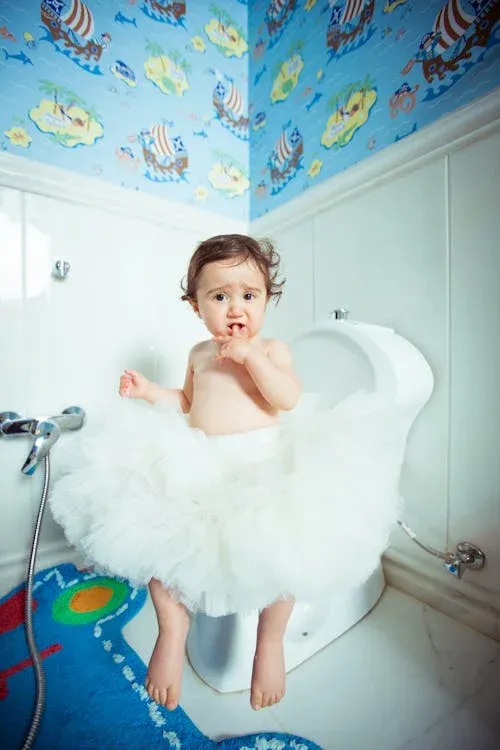 Samir on Pexels
Samir on Pexels
Your child will show signals of readiness for potty training one day. Though they will be determined, you might feel more prepared. Though it requires patience, this milestone can strike out of nowhere.
13. Anxiety Related to Separation Returns
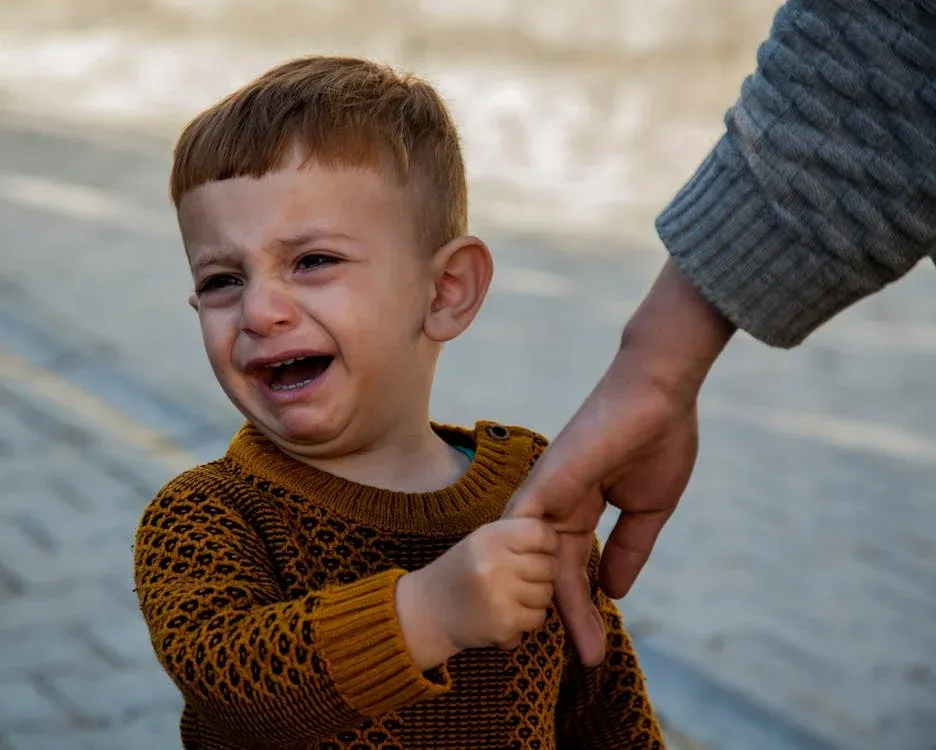 Arzella BEKTAŞ on Pexels
Arzella BEKTAŞ on Pexels
Your child may suddenly suffer from separation anxiety even beyond the infant stage. It can be difficult to drop them off at a sitter or daycare. Usually between the ages of one and three, this indicates attachment.
14. Testing Restraints
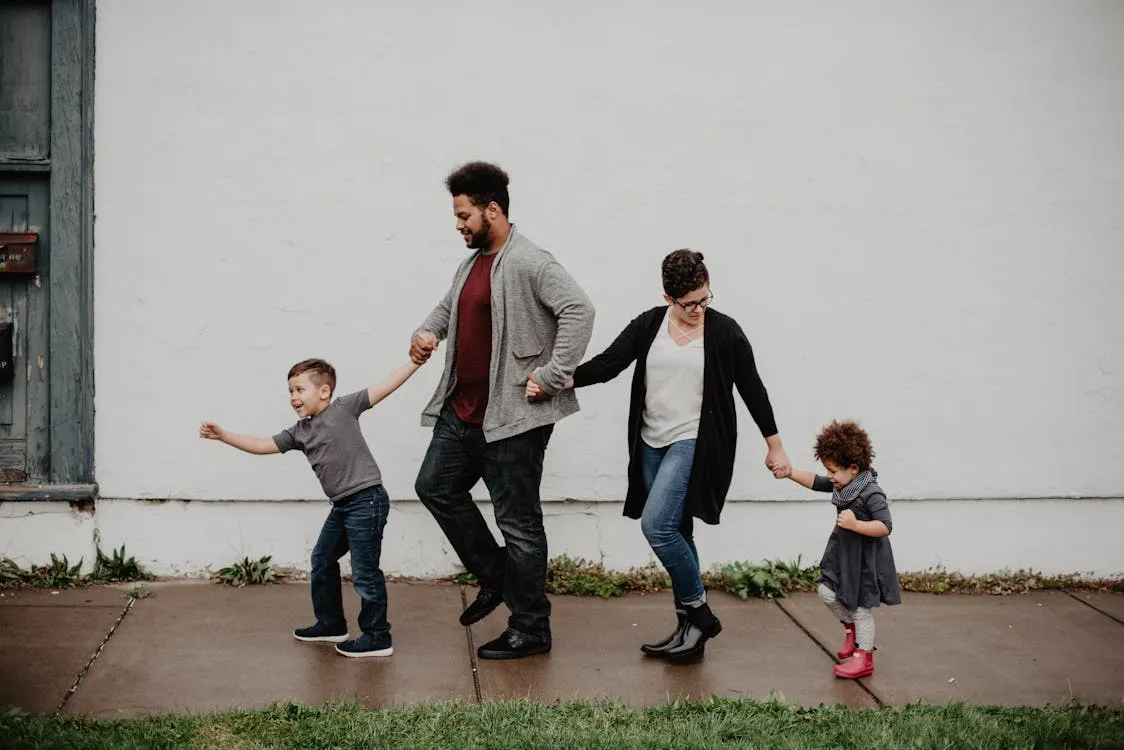 Emma Bauso on Pexels
Emma Bauso on Pexels
Your child will start to challenge norms and test limits. They might press buttons only to see your response. Developing a feeling of self and knowing limitations dramatically depends on it.
15. Instant Stranger Fear
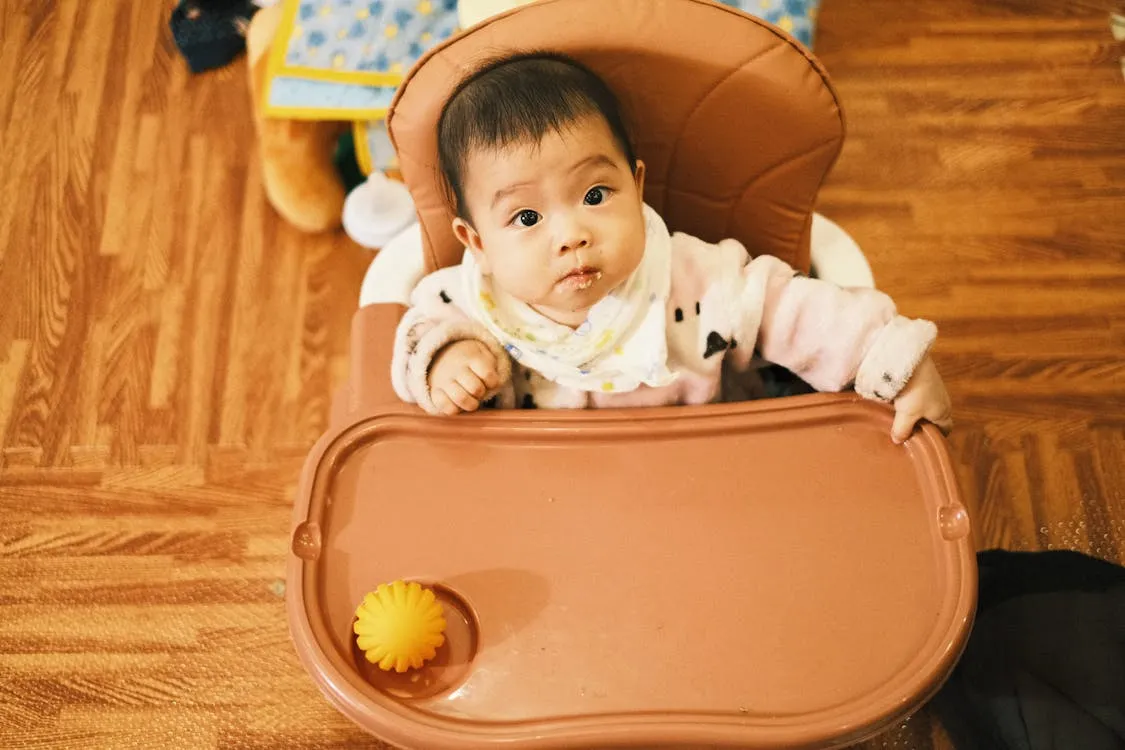 Tuan PM on Pexels
Tuan PM on Pexels
Although toddlers are usually pleasant, they can develop stranger phobias. When they meet new people, they may grow terrified or cling to them. Social growth naturally phases like this.
16. Creative Play
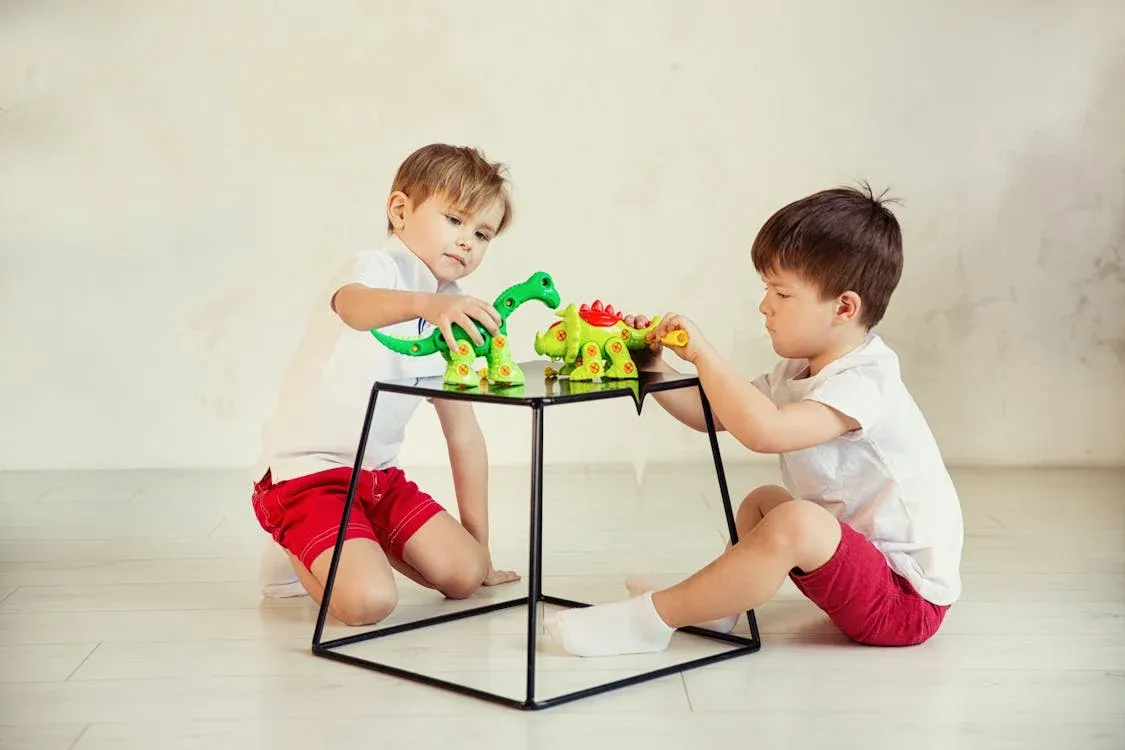 Polesie Toys on Pexels
Polesie Toys on Pexels
Your child will soon begin acting out-of-pocket. They might design intricate situations, including action figures or plush animals. It’s evidence of cognitive development and acquired ability to solve problems.
17. Self-Consuming Action
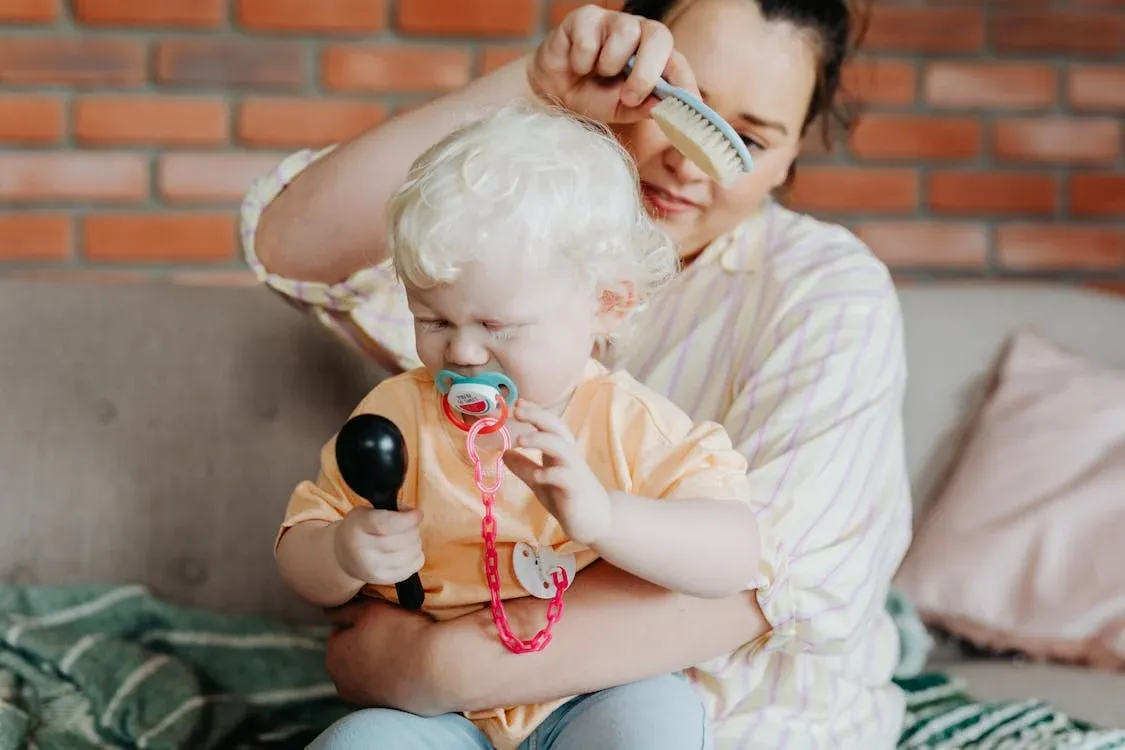 Kaboompics.com on Pexels
Kaboompics.com on Pexels
Your child will eventually start to console themselves when they are angry. They might grip a toy, suck their thumb, or rock back and forth. Their approach to acquiring emotional control is unique.
18. Growing in Sense of Comedy
 Pavel Danilyuk on Pexels
Pavel Danilyuk on Pexels
Your child will begin to value jokes and humorous circumstances about two to three years old. They could find anything essential, like a ridiculous look or a clever word, funny. Early social bonding is much enhanced by humor.
19. The First Time They Own Their Mistakes
 Карина Суховерхая on Pexels
Карина Суховерхая on Pexels
Your child may surprise you by apologizing following a mistake or outburst. Though they will try to atone, they might not need help with their ideas. In social and emotional growth, this marks a significant turning point.
20. Need for Alone Time
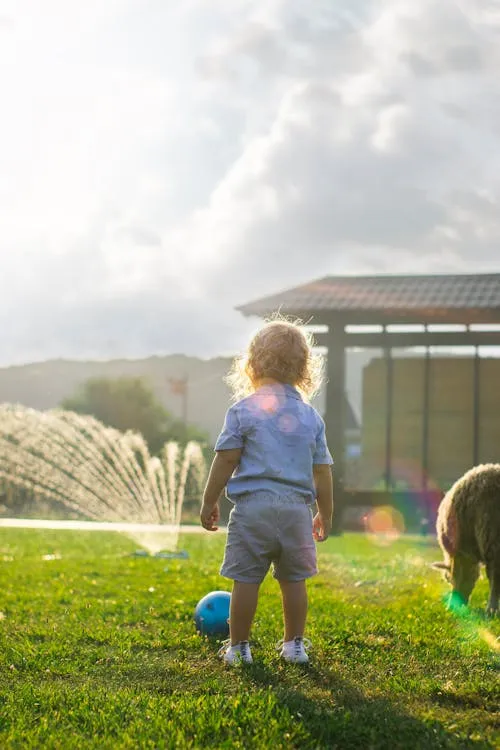 Andy Kuzma on Pexels
Andy Kuzma on Pexels
Toddlers will start looking for alone time even though they adore being with you. They might withdraw to play alone in a peaceful place. This is a positive indication of rising self-reliance and autonomy.